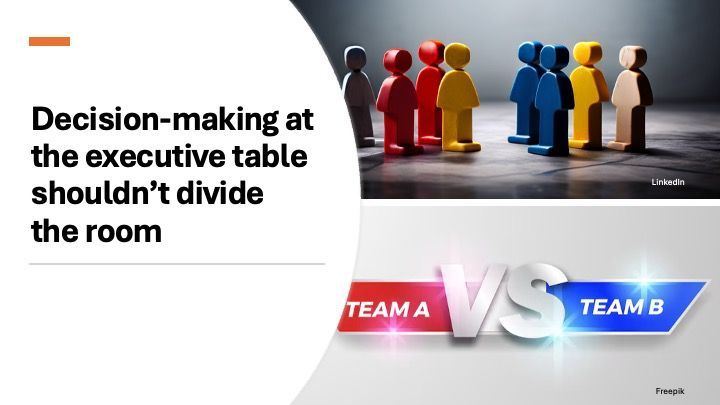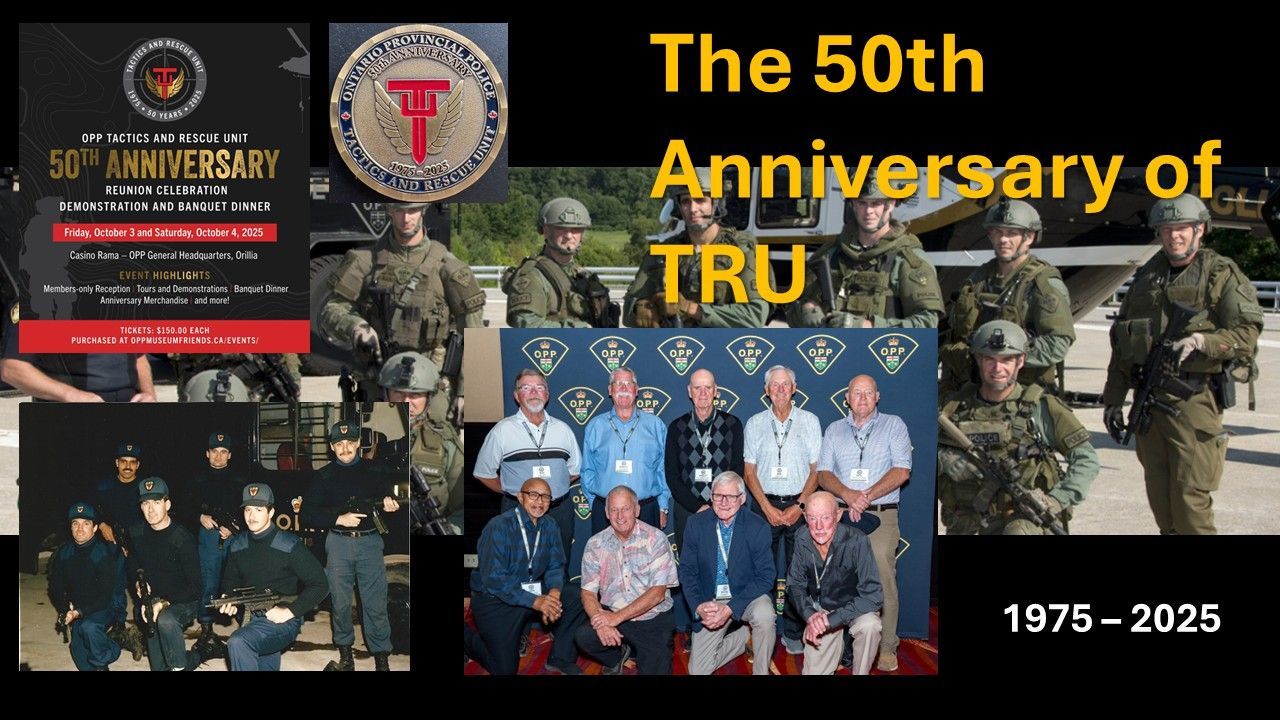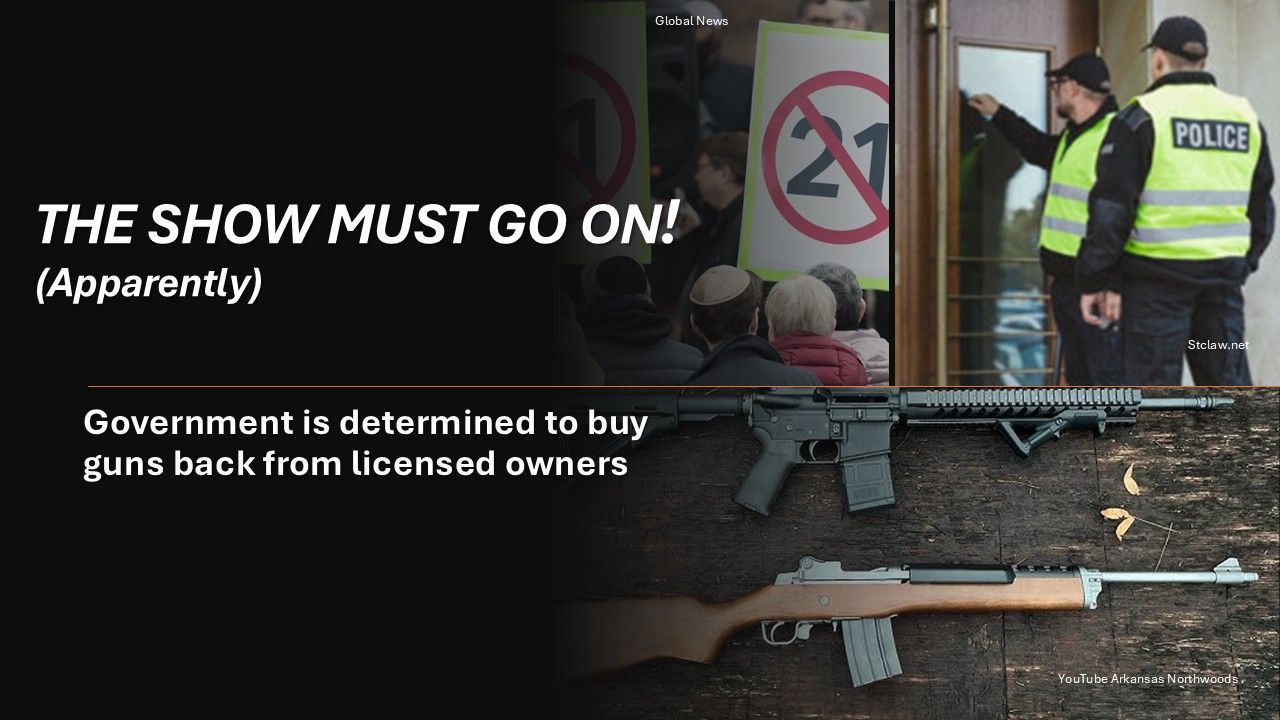New Paragraph
Cover photo by: https://mylearningsolutions.org/
I screwed up. There’s no other way to describe it. And I’m sorry I did.
My good friend and mentor, Chief Wayne Frechette used to jokingly say: “Never tell on yourself. There’s a million people out there wanting to tell on you, so why do it to yourself?”
But in this case, I deserve it.
I was pulling right out of a parking lot in Midland today onto what I thought was a totally empty street and crossed 2 empty lanes into the left-hand turn lane on highway 93. What I missed was a high-priced SUV that was turning left from a parking lot across the street into the same left-hand turn lane. He almost hit me through no fault of his own, but he braked and avoided a collision.
He then sat behind me in the turning lane, honking non-stop and waving his arms like his body was aflame. I thought his reaction was over the top, but he was right. If a police officer had witnessed it, I would have rightfully been charged under the Highway Traffic Act and would have fallen on my sword and paid the ticket.
Then he tailgated me about 6 inches off my rear bumper for a few hundred yards, swerving to and fro like he was a Grand Prix racer looking for a gap to pass, still flapping his yap and flailing his limbs. Subsequently I stopped at a red light to turn right, he pulled alongside on my left and we both rolled down our windows. I apologized right away and said “Sorry buddy, I screwed up. I’m sorry.” But he continued to rave and swear and give me a lesson on the various sections of traffic law he thought I’d violated and called me awful names. My tender psyche was indelibly bruised in the verbal exchange. I thought a physical altercation might ensue, but he didn’t emerge from his dirty and over-priced vehicle, and I remained in my more moderately valued – albeit very clean, car.
As I drove away, pondering the implications of being called such hurtful things, I reflected on what started all this uproar and what caused him to drive like an idiot in response. He was right and I was wrong.
So why am I telling on myself? Because it is a reminder that everyone makes mistakes. I know the traffic laws as well as anyone. I drive safely and effectively. I’ve driven across Ontario a million times and up and down the continent several more. I’m very cautious because I don’t want to hurt anyone firstly; secondly because I don’t want to wreck my car and have my insurance rates skyrocket; thirdly because my wife then called me equally mean names; and lastly because I do not want to put our local officers in the position where they would have to charge the former OPP Commissioner with an offence.
Despite my best efforts and normal due care and attention, I missed seeing him. I need to be more careful 100% of the time, and never fall into the lull of “I’m a good driver, I’m a careful driver and if a mistake is made, it’s the other guy’s fault.” I in fact made an error that could have caused two vehicles to be damaged, at minimum and likely a fist fight. I’ve been in way too many punch-ups and have lost as many as I’ve won. I value my car and what’s left of my tired old body. I need to do better, and I will.
Please drive carefully out there folks and watch for the other guy. It could be me.




